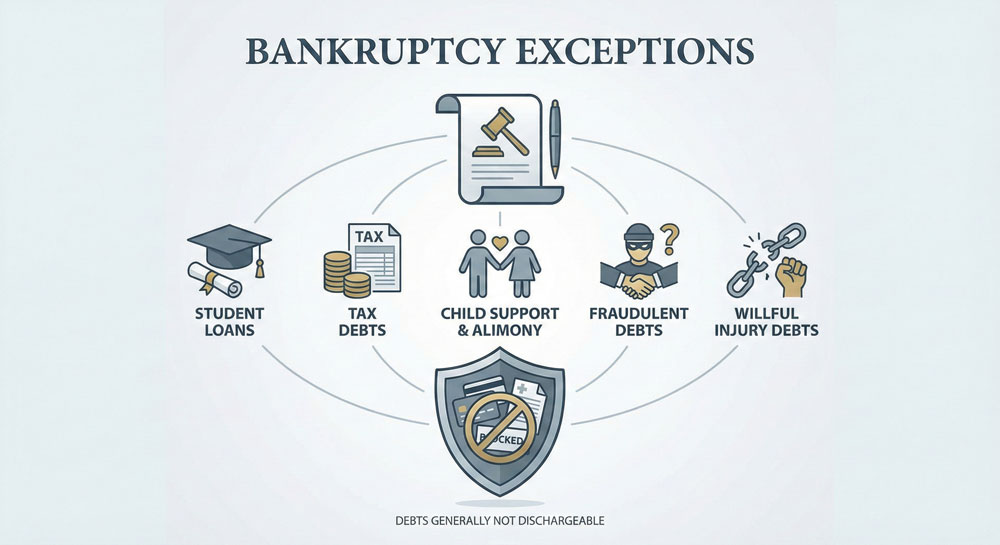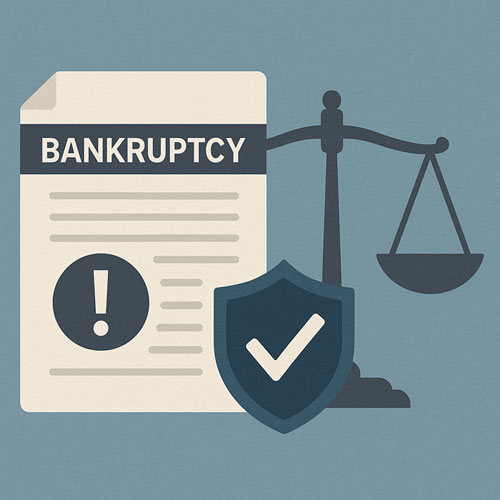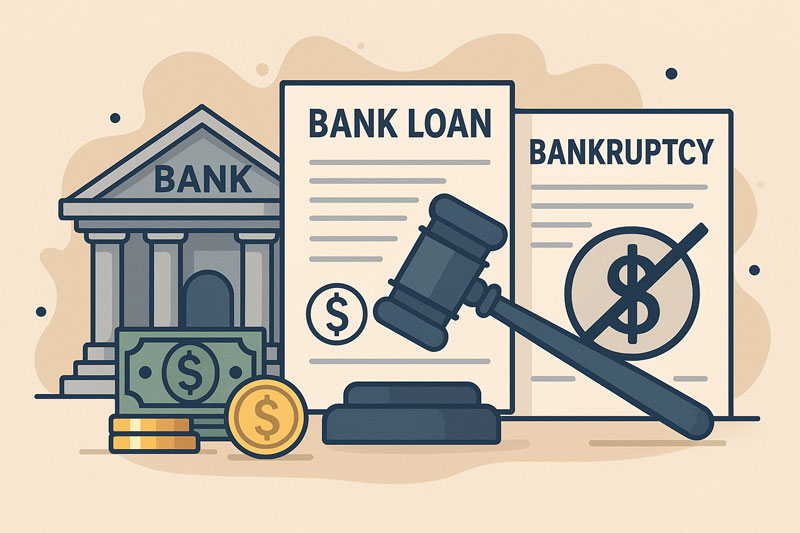Are My Debt Collectors Violating The Tcpa?
 Anyone who has gone into collections knows that eventually, you will get a phone call from a collection agency in an attempt to resolve the debt. For many years, there was gross misconduct and bad behavior that ran rampant in the debt collection industry. This was largely due to the absence of any governance or legal ramifications in doing so. At other times, the debt collectors knew that most people wouldn’t do anything about the wrongdoings.
Anyone who has gone into collections knows that eventually, you will get a phone call from a collection agency in an attempt to resolve the debt. For many years, there was gross misconduct and bad behavior that ran rampant in the debt collection industry. This was largely due to the absence of any governance or legal ramifications in doing so. At other times, the debt collectors knew that most people wouldn’t do anything about the wrongdoings.
Debt collectors called day and night, multiple times a day, at work, and even called family members and friends in an effort to collect what was owed. Then consumers got a huge break from these transgressions in 1991 when Congress passed the Telephone Consumer Protection Act of 1991. The TCPA was signed into law by President George H. W. Bust in an effort to restrict telephone solicitations, but in effect, also affected the behavior of debt collectors as well.
While the FCC determined that debt collection calls are not telemarketing calls which was the primary reason for the TCPA, they did rule that autodialed or prerecorded collection calls to wireless numbers must be at the prior express consent of the consumer. What this means is that if you used your cell phone number on a credit application, you have given permission to contact you on your cell phone number.
The take away from this article is that there is a lot of confusion surrounding TCPA decisions in the court system and how they apply, if at all, to debt collectors versus general telemarketing calls. Even though debt collectors may not be bound by all areas of the Telephone Consumer Protection Act, they are mandated by the Fair Debt Collection Practices Act.
If you feel that a debt collector may be violating your rights there are steps you can take to prevent the calls and even possible damages against those debt collectors that don’t follow the law. Contact a Modesto bankruptcy lawyer to find out if your situation is a violation of the law.
Categorized in: News



